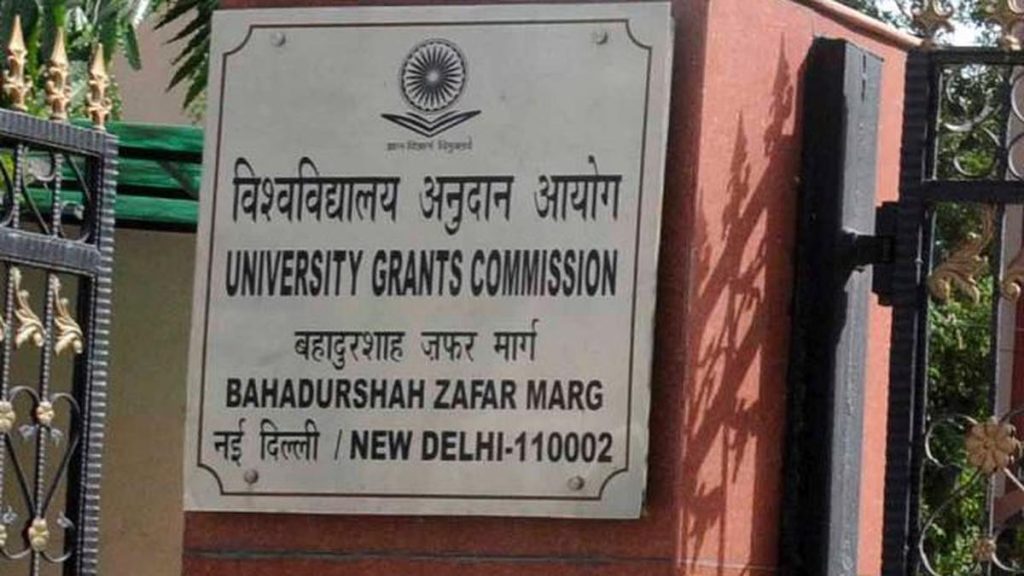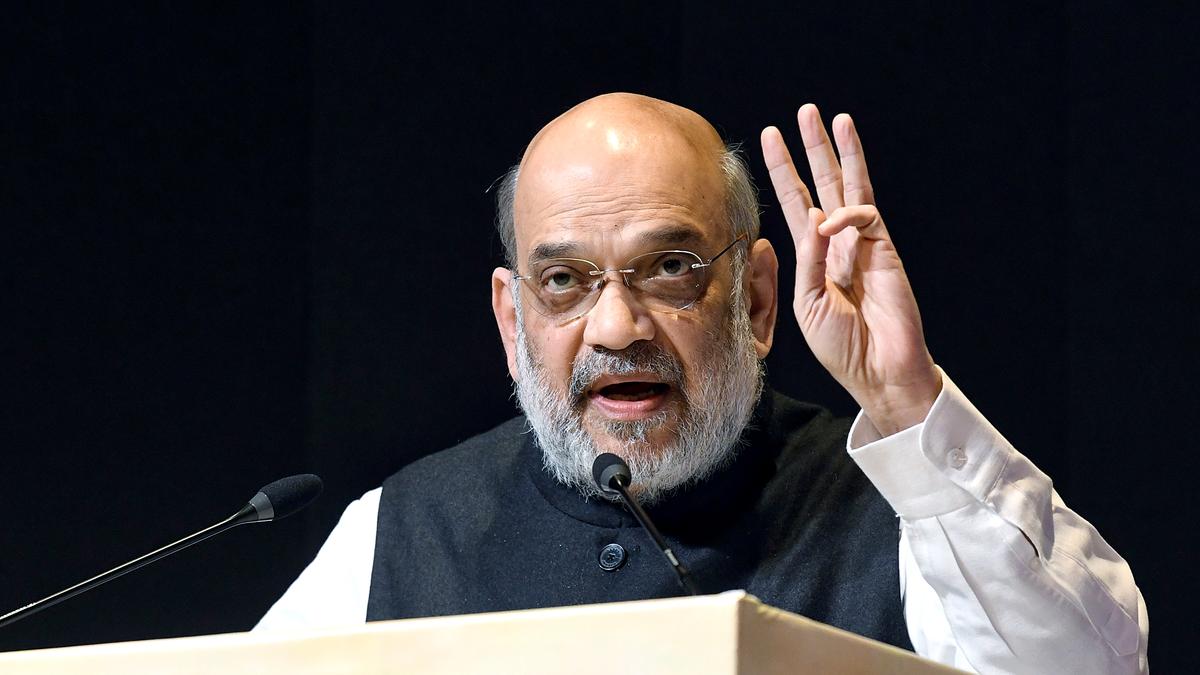Now Reading: Master AI Tools for Future Success, Urges Microsoft India President
-
01
Master AI Tools for Future Success, Urges Microsoft India President
Master AI Tools for Future Success, Urges Microsoft India President
Quick Summary
- Microsoft India President puneet chandok encouraged youth too build “AI fluency,” stressing the importance of hands-on use of AI tools for effective learning.
- Chandok dismissed concerns from a recent MIT Media Lab study on AI’s cognitive effects, emphasizing that AI enhances productivity and frees users for innovative tasks.
- He highlighted emerging roles such as AI agent manager and prompt engineer, urging professionals to upskill constantly to keep pace with evolving workplace demands.
- India is rapidly adopting AI across sectors, with tech companies investing in workforce initiatives in a growing domestic market projected to reach USD 17 billion by 2027.
- A BCG report noted India’s unique advantage for scalable AI innovation due to widespread internet use, strong public platforms like UPI, and an expanding talent base of over 600,000 professionals-expected to double by 2027.
- According to BCG research:
– Financial services see underwriting time reduced by 70%.
– Retail conversion rates increase by up to 15%.
– healthcare experiences expansion through advanced diagnostics and remote consultations.
– India’s global share of the talent pool stands at 16%, second after the US.
Indian Opinion Analysis
India’s critically important strides in artificial intelligence adoption are noteworthy given its demographic advantages and rapidly expanding digital ecosystem. As new career roles emerge due to AI advancements (e.g., “AI agent manager” or “prompt engineer”), organizations must invest heavily in reskilling their workforce-including fostering adaptability and agility-to ensure sustainable growth amidst technological disruptions.Microsoft India President Puneet Chandok underscores a critical paradigm shift toward experiential learning with technologies like AI-the analogy likening it to fitness training emphasizes that practical engagement trumps theoretical understanding. This logic aligns with India’s push for scalable skill progress amid growing enterprise investments.
The projected growth of India’s domestic AI market-tripling by 2027-and the doubling of its already sizable talent pool reflect robust potential as well as existing challenges in preparing millions for this digital transition swiftly yet effectively.Such analysis warrants attention from policymakers working on education reforms tailored toward technology fluency while together addressing job change impacts driven by automation-a vital effort needed if India aims not just at economic expansion but equitable inclusion within global innovation ecosystems.
Read more: The Hindu
























